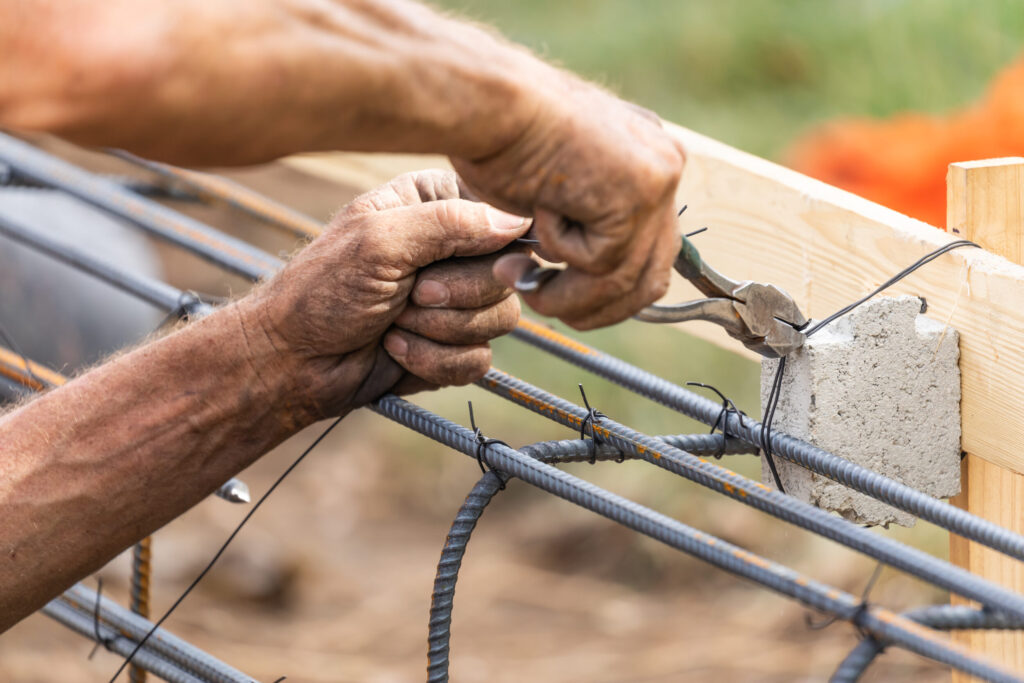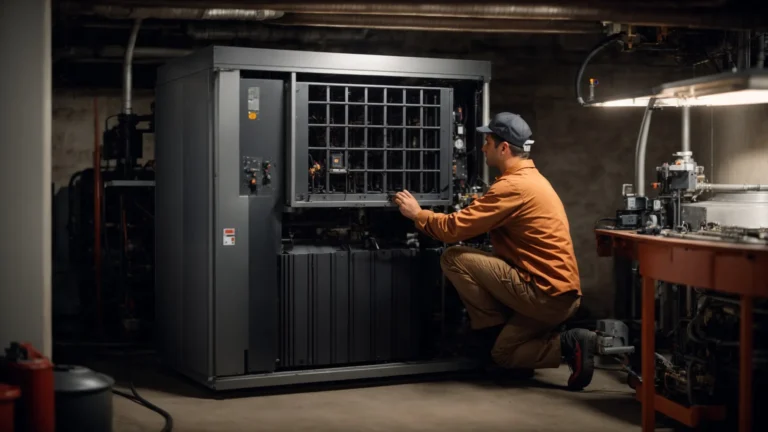Nearly 40% of homeowners who hire unlicensed contractors face project delays, subpar workmanship, or costly repairs within the first year. When you’re ready to install a fence around your Clermont property, asking the right questions upfront can save you thousands of dollars and months of frustration.
Professional fence contractors in Clermont, FL deliver exceptional results when you know how to identify them. Fence companies like Orlando Fence Pros have built their reputation on transparency and quality workmanship, but not every contractor operates with the same standards. The key lies in knowing exactly what to ask before signing any contract.
Your fence investment deserves protection through proper vetting. Here’s your guide to the most important questions that separate professional fence contractors from those who cut corners.
Licensing and Legal Requirements
The first question should always be: “Are you licensed to perform fence installation in Florida?” This isn’t just a formality—it’s your legal protection. Florida requires contractors to carry proper licensing for fence installation projects, and verifying this status takes just minutes through the state’s online database.
Licensed contractors understand building codes, safety regulations, and industry standards. They’ve invested time and money into their credentials, which typically means they’re serious about their business reputation. Unlicensed contractors might offer lower prices, but you’ll bear the legal and financial risk if something goes wrong.
The second part of this conversation should focus on permits. Ask: “Will you handle the permit process for my fence installation?” Professional contractors know Clermont’s specific regulations and can navigate the approval process efficiently. They understand height restrictions, setback requirements, and material specifications that vary by neighborhood.
Most residential fences under six feet don’t require permits in Clermont, but commercial properties and certain materials always do. A knowledgeable contractor will explain exactly what’s needed for your specific project and timeline.
Insurance and Liability Protection
Your next question should be: “Can you provide proof of current liability insurance?” This protects you from financial responsibility if the contractor damages your property or a neighbor’s during installation. Professional contractors carry adequate coverage and won’t hesitate to show you their certificates.
General liability insurance covers property damage, but you also need to ask: “Do you carry workers’ compensation insurance?” If a worker gets injured on your property and the contractor doesn’t have coverage, you could face a lawsuit. Workers’ comp protects both you and the installation crew.
Many homeowners skip this step, but insurance verification takes just a phone call to the provider. The few minutes you spend checking could save you tens of thousands in legal fees later.
Experience and Portfolio
Experience matters differently for fence projects than other home improvements. Ask: “How long have you been installing fences in Clermont and surrounding areas?” Local experience means understanding soil conditions, weather patterns, and neighborhood regulations that affect fence longevity.
Central Florida’s sandy soil, high humidity, and hurricane potential create unique challenges. Contractors who’ve worked in the area know which materials perform best and how to anchor posts for maximum stability. They also understand HOA requirements in various Clermont communities.
Request to see examples by asking: “Can you show me examples of similar fence installations you’ve completed?” Look for projects that match your material preferences and property type. A contractor who’s installed hundreds of wood fences might not be the best choice for aluminum or vinyl.
Photos should show clean lines, proper spacing, and attention to detail. Don’t just look at the finished product—ask about the timeline and any challenges they encountered. Their answers will reveal problem-solving skills and project management abilities.
Materials and Warranty Coverage
The quality of materials directly impacts your fence’s lifespan and appearance. Ask: “What grade of materials will you use, and where do you source them?” Contractors who use builder-grade materials often charge less upfront but deliver fences that fade, warp, or break within a few years.
Professional contractors maintain relationships with established suppliers and can explain the differences between material grades. They’ll discuss pros and cons of different options rather than pushing the cheapest alternative.
Warranty coverage varies dramatically between contractors. Ask: “What warranties do you provide on materials and workmanship?” Manufacturer warranties typically cover defects, while contractor warranties cover installation quality. Both matter, but workmanship warranties often prove more valuable long-term.
Written warranties should specify exactly what’s covered and for how long. Verbal promises mean nothing if problems arise three years later. Reliable fence contractors provide detailed warranty documentation because they stand behind their work.
Installation Process and Timeline
Timeline expectations prevent most project disputes. Ask: “What is your estimated timeline for completion?” Experienced contractors factor in weather delays, permit approval times, and material delivery schedules. They’ll give you realistic timelines rather than overly optimistic promises.
Weather plays a huge role in Florida fence installation. Contractors should explain how rain delays affect the schedule and what contingency plans they have. Summer storm season and winter dry periods both impact project timing differently.
Site preparation and cleanup often get overlooked until after installation begins. Ask: “How do you handle site preparation and post-installation cleanup?” Professional contractors mark utilities, verify property lines, and restore your landscape after completion. They don’t leave debris piles or torn-up lawn areas for you to handle.
Communication and Project Management
Clear communication prevents misunderstandings and keeps projects on track. Ask: “How will you keep me informed about project progress?” Some contractors provide daily updates, while others communicate weekly. Find out who your main contact will be and how to reach them with questions.
Payment structure reveals a lot about contractor reliability. Ask: “What is your payment schedule and preferred payment methods?” Reputable contractors typically request minimal upfront payments, with most billing tied to completion milestones. Be cautious of contractors demanding large cash payments or full payment before starting work.
Written contracts protect both parties and should include material specifications, timeline, payment schedule, and change order procedures. Professional contractors welcome contract discussions because clear expectations benefit everyone involved.
Making Your Decision
These questions help you identify contractors who operate professionally and deliver quality results. The right fence contractor will answer every question confidently and provide documentation to support their claims. They’ll also ask questions about your goals, timeline, and budget to ensure they can meet your expectations.
Remember that the lowest bid isn’t always the best value. Factor in licensing, insurance, experience, materials, and warranties when comparing proposals. A slightly higher upfront investment often saves money and frustration over your fence’s lifetime.
Take time to check references, verify credentials, and review contracts carefully. Your fence will stand for decades—choose a contractor who’ll still be around to honor their warranties and maintain their reputation in the Clermont community.









